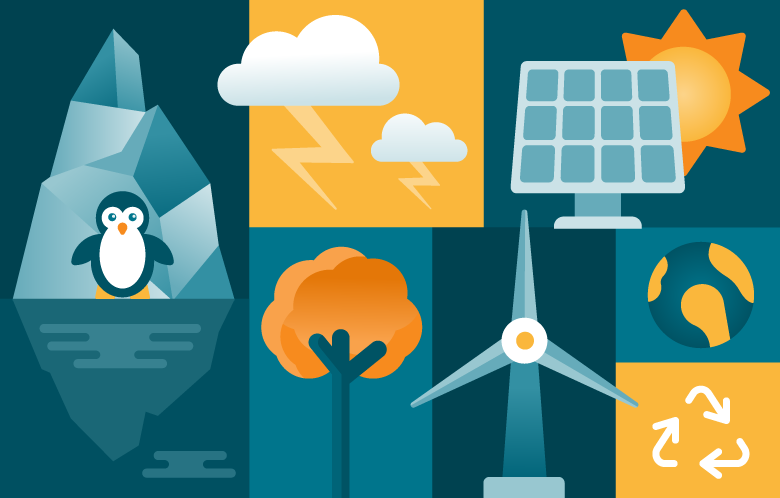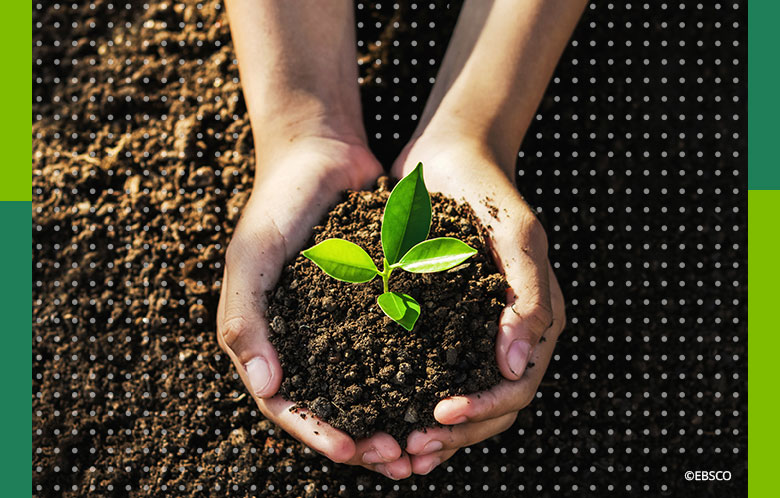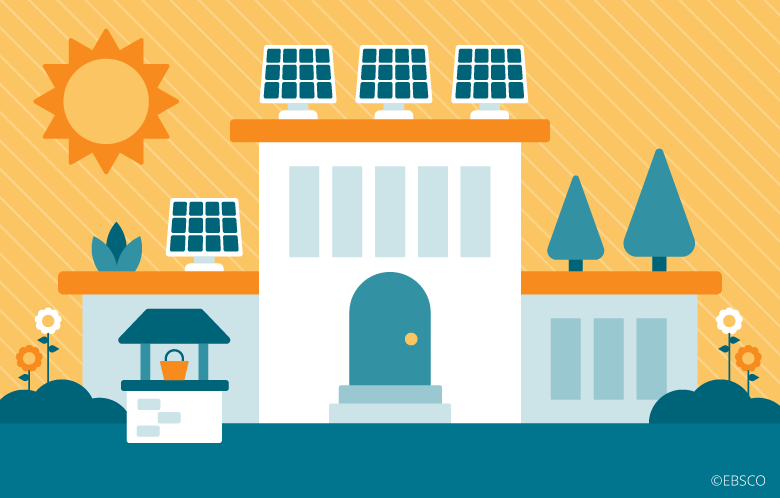Observed every April 22, Earth Day is a global call to action for environmental protection, climate awareness and sustainability. This year’s theme, “Our Power, Our Planet,” highlights the impact of collective efforts in addressing climate change. As schools and public libraries prepare for Earth Day activities, now is the time to engage students and patrons with credible research materials on topics such as climate change, conservation and renewable energy. The best science research databases provide peer-reviewed articles, primary sources and multimedia content to support Earth Day lesson plans, STEM projects and sustainability programs — not just in April, but year-round.
For Schools: Using Science Research Databases for Earth Day Lessons
School libraries can enhance Earth Day education by integrating science research databases into classroom activities. Databases containing content aligned with science curriculum standards, such as Next Generation Science Standards, can help students build critical research skills on environmental science topics.
How to Use Science Databases for Earth Day Activities
- Strengthen Research Skills: Encourage students to explore Earth Day topics such as climate change, plastic pollution and sustainable agriculture using library databases such as Science Reference Ultimate. This supports evidence-based research and reinforces their ability to identify and evaluate credible sources.
- Enhance STEM Lesson Plans: Partner with teachers to incorporate science research databases into lessons on biodiversity, ecosystems and human impact on the environment. Teachers can use articles, e-books, videos and ready-made lesson plans to provide deeper insight into climate science and conservation. (Bonus: April is also Citizen Science Month. Check out our free citizen science lesson plans and activities.)
- Facilitate Evidence-Based Discussions: Provide pro-con resources for student-led debates on environmental policies, renewable energy and sustainable development. Points of View Ultimate offers point and counterpoint essays covering dozens of relevant topics. Encourage students to browse the “Earth and Environment” and “Energy and Conservation” categories for topic ideas.
For Public Libraries: Hosting Earth Day Activities and Programs
Public libraries can use science research databases and environmental science resources to create Earth Day programs that educate and inspire the community.
Ideas for Earth Day Activities in Public Libraries
- Curate an Earth Day Display: Showcase books, e-books, digital collections and research databases on climate science, sustainability practices and green living. (LibraryAware offers templates to help you promote your collections.)
- Host Eco-Educational Workshops: Use library database content to guide discussions on local conservation projects, the benefits of solar power, eco-friendly habits and climate science literacy. Invite subject-matter experts to present. The Earth Day website also provides a variety of resources for community learning.
- Offer Hands-On STEM Challenges: Organize interactive activities where participants analyze real-world environmental data, explore citizen science projects, or brainstorm sustainability solutions using library databases.
“Whether in the classroom or through public programs, Earth Day activities in the library help foster climate awareness, environmental advocacy and evidence-based learning.”
“Whether in the classroom or through public programs, Earth Day activities in the library help foster climate awareness, environmental advocacy and evidence-based learning.”
Why Libraries Are Essential for Earth Day Learning
By providing access to science research databases, schools and public libraries can empower students and members of their community to engage with credible environmental science resources. Librarians can support Earth Day education by:
- Partnering with teachers to create Earth Day research guides
- Offering access to STEM research tools and primary sources
- Promoting climate science literacy through digital collections
Whether in the classroom or through public programs, Earth Day activities in the library help foster climate awareness, environmental advocacy and evidence-based learning.
Discover Science Reference Ultimate
Science Reference Ultimate is a comprehensive science research database offering full-text access to popular science magazines and journals, videos, e-books, science experiments and lesson plans. The database supports core STEM courses and specialized subjects, such as zoology and oceanography, making it a valuable resource for students, educators and public library patrons.



